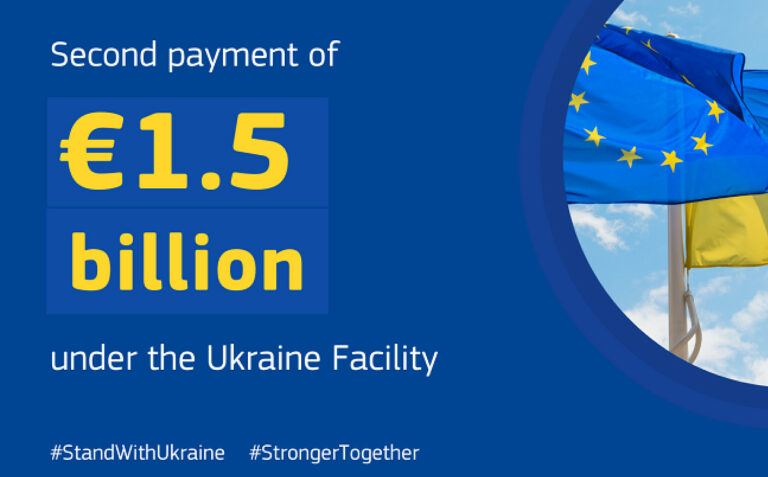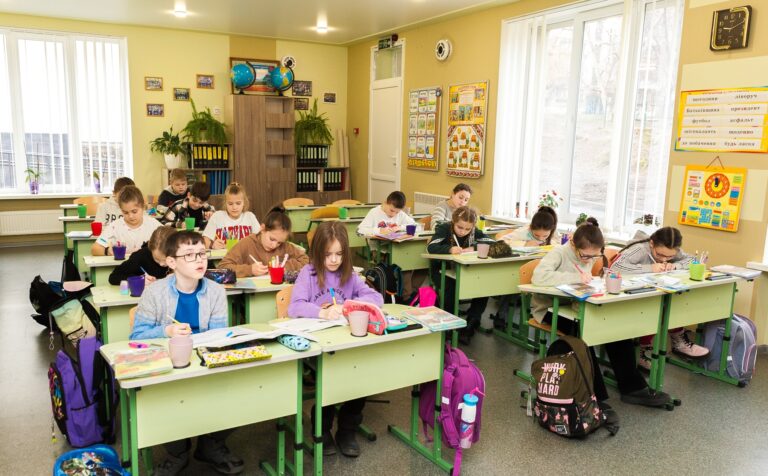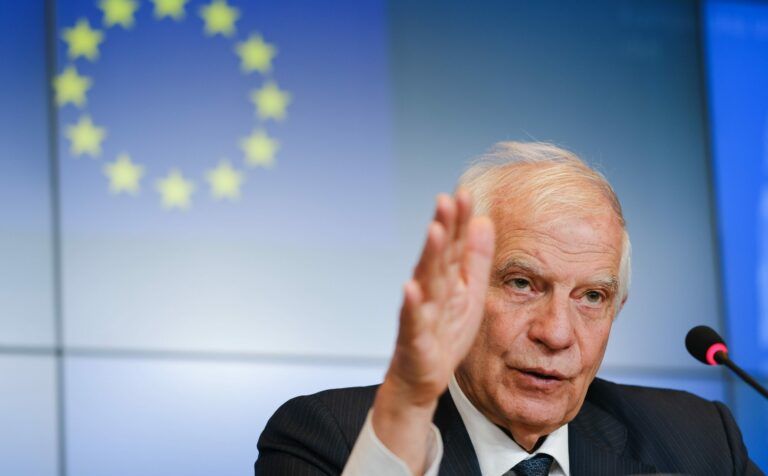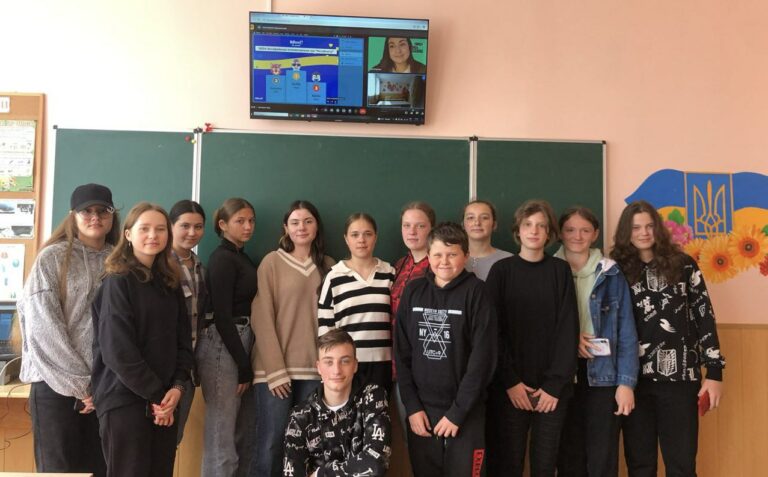
Russia: EU prolongs economic sanctions over destabilisation of Ukraine
On 12 July, the European Council decided to prolong the sanctions targeting specific economic sectors of the Russian Federation for a further six months, until 31 January 2022.
The Council decision follows the latest assessment of the state of implementation of the Minsk agreements, initially foreseen to happen by 31 December 2015, at the European Council of 24-25 June 2021. In light of the fact that these agreements are not fully implemented by Russia, EU leaders unanimously decided to roll over the economic sanctions in place against the country.
Economic sanctions were first introduced on 31 July 2014 in response to Russia’s actions destabilising the situation in Ukraine. In March 2015, the Council agreed to link their duration to the complete implementation of the Minsk agreements.
Sanctions limit access to EU primary and secondary capital markets for certain Russian banks and companies and prohibit forms of financial assistance and brokering towards Russian financial institutions. The measures also prohibit the direct or indirect import, export or transfer of all defence-related material and establish a ban for dual-use goods for military use or military-end users in Russia. The sanctions further curtail Russian access to certain sensitive technologies that can be used in the Russian energy sector, for instance in oil production and exploration.
In addition to economic sanctions, the EU has also responded to Russia’s illegal annexation of Crimea and the city of Sevastopol with diplomatic measures, individual restrictive measures (asset freezes and travel restrictions) and specific restrictions on economic relations with Crimea and Sevastopol.
Find out more
MOST READ
SEE ALSO

European Commission disburses additional €1.5 billion in bridge financing to Ukraine

EU4DigitalUA: EU presents results of project supporting Ukraine’s digital transformation

Kamianske school in Ukraine reopens after EIB-supported reconstruction

Borrell: some EU members willing to provide Ukraine with ammunition and air defence and interceptor systems

Young European Ambassadors in Ukraine engage students in Vinnytsia Region in game on disinformation
More campaign pages:
Interested in the latest news and opportunities?
This website is managed by the EU-funded Regional Communication Programme for the Eastern Neighbourhood ('EU NEIGHBOURS east’), which complements and supports the communication of the Delegations of the European Union in the Eastern partner countries, and works under the guidance of the European Commission’s Directorate-General for Neighbourhood Policy and Enlargement Negotiations, and the European External Action Service. EU NEIGHBOURS east is implemented by a GOPA PACE-led consortium. It is part of the larger Neighbourhood Communication Programme (2020-2024) for the EU's Eastern and Southern Neighbourhood, which also includes 'EU NEIGHBOURS south’ project that runs the EU Neighbours portal.

The information on this site is subject to a Disclaimer and Protection of personal data. © European Union,







